Only You Can Define Who You Are
Bipolar disorder is a severe mood disorder that can seriously affect your day-to-day lifestyle, including school, work, relationships, and even simple daily functions.
Although it is a lifelong condition, accurate diagnosis and proper bipolar disorder treatment can allow you to lead a normal, happy, and productive life. Whether you have already been diagnosed or think that you may have bipolar disorder, our expert providers at Mindful Health Solutions can help you move beyond your diagnosis.


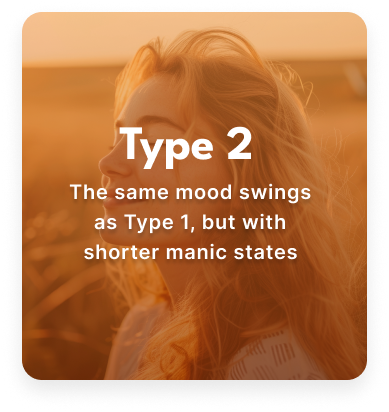
What is Bipolar Disorder?
Bipolar depression (also known as manic-depressive illness) is a condition that is characterized by extreme mood swings, resulting in intense highs (mania) and intense lows (depression). These mood swings may happen multiple times a year.
Bipolar disorder is categorized as Type 1 or Type 2. Depression symptoms are the same in both types, but in Type 1 bipolar disorder, manic symptoms are more severe and longer lasting than in Type 2.
What happens if bipolar disorder goes undiagnosed?
People with bipolar depression may feel perfectly fine much of the time since the mood symptoms occur on an intermittent basis. They may not even realize how much their emotional instability disrupts their lives and the lives of their loved ones. As a result, they often don’t get the treatment they need. They may enjoy the feelings of euphoria and excitement that come with mania, but this elation is always followed by an emotional crash that leaves them feeling depressed and worn out. During these periods, irrational thinking can lead to:
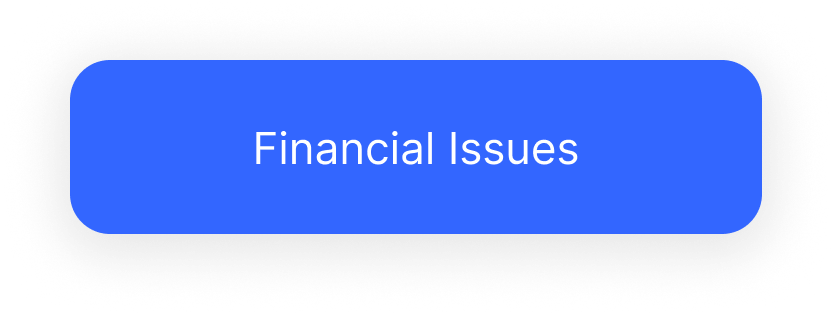
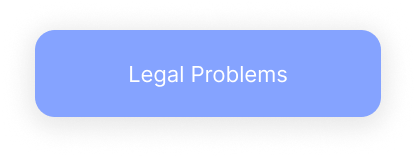
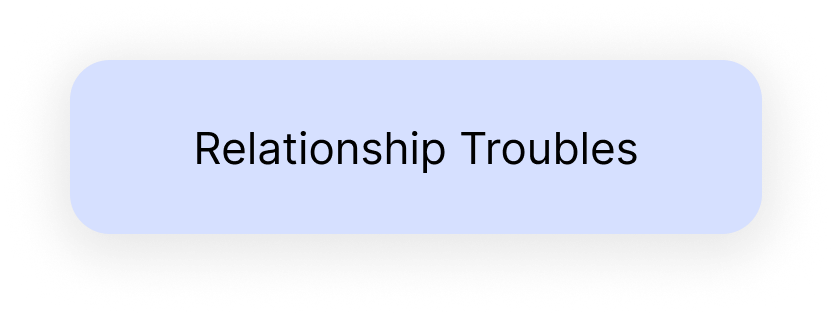
Available Bipolar Disorder Treatment
At Mindful Health Solutions, we offer the most advanced and effective evidence-based treatments all under one roof. Together, we will find a treatment that helps you finally find relief.
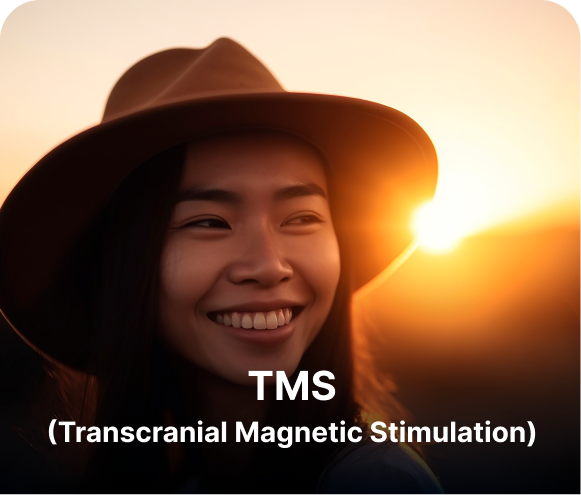
TMS, or Transcranial Magnetic Stimulation, is a safe, non-invasive procedure that uses magnetic pulses to stimulate the brain. It’s the first and only drug-free therapy to be FDA-approved for the treatment of major depressive disorder and other mood disorders like bipolar disorder.
Learn More

Ketamine Infusion Therapy is an intravenous treatment designed for patients struggling with a number of psychiatric conditions, including major depressive disorder, treatment-resistant depression, bipolar depression, PTSD and trauma disorders, post-partum depression, anxiety, and OCD.
Learn More

SPRAVATO (Esketamine) is a safe, non-invasive treatment that is thought to create new connections in the brain. It’s the first and only FDA-approved treatment for depression that targets the glutamate system.
Learn More

Proper medication management care ensures that you receive the most effective and appropriate medications for depression and other mental health conditions. Our psychiatrists work closely with all patients to monitor and adjust medications as needed.
Learn More
Why Mindful Health Solutions for Bipolar Disorder Treatment?
Bipolar depression is a treatable illness, and safe and highly effective mood-stabilizing medications are available. Treatment with the right medication and therapy can help mood swings associated with bipolar disorder become more manageable and, in some cases, eliminate them entirely.
If you or a loved one are struggling with bipolar disorder, it’s important to reach out to a professional. At Mindful Health Solutions, all treatment for bipolar disorder plans are customized to each individual patient. We begin by reviewing your symptoms and going over any questions, then discussing the best options for your unique needs, including therapy, medication, and/or alternative methods.
Our talented team of clinicians and support staff is dedicated to working with patients collaboratively to find a treatment plan that works for them in order to find relief in a way that feels good.
Frequently Asked Questions for Bipolar Disorder Treatment
What are the types of bipolar disorder?
This mood disorder is categorized as Type 1 or Type 2. The depression symptoms are the same in both types, but in Type 1 bipolar disorder, the manic symptoms are more severe and longer lasting than in Type 2, where the patient typically experiences longer depressive episodes and reduced levels of mania.
Who is at risk for developing bipolar disorder?
Bipolar depression is a mood disorder that affects both men and women, with triggers such as high stress, traumatic events, or genetics.
Other conditions that often occur alongside bipolar disorder include:
- Depression
- Anxiety disorders
- ADHD
- Eating disorders
- Misuse of drugs or alcohol
What disorders can co-occur with bipolar disorder?
- Depression
- Anxiety disorders
- ADHD
- Eating disorders
- Misuse of drugs or alcohol
What are the symptoms of bipolar disorder?
Signs of Bipolar Disorder manifest in two types of symptoms: depression and mania. While this is not a complete list of symptoms, these are the core symptoms of the two cycles that make up bipolar disorder. Other signs and symptoms of bipolar depression may include anxiety, melancholia, or in more severe cases, psychosis.
Symptoms of Bipolar Disorder:
- Unexplainable and persistent aches or digestive problems
- Sleeping too much or too little
- Fatigue
- Restlessness
- Persistent sadness or anxiety
- Feeling hopeless, worthless, guilty, etc.
- Being pessimistic or negative
- Quick to irritability or frustration
- Disinterest in hobbies or activities
- Difficulty concentrating
- Suicide attempts or thoughts
Symptoms of Mania
- Extreme agitation
- Easily distracted
- Unusual talkativeness
- Decreased need for sleep
- Racing thoughts
- Exaggerated self-confidence and well-being
- Being abnormally jumpy or upbeat
- Increased activity and energy
- Poor decision making/impulsivity
What options exist for bipolar depression treatment?
Standard bipolar disorder treatments utilize a combination of traditional medications and psychotherapy. With the help of a clinician, these mood swings can become manageable and steer away from the extremes.
What are the types of bipolar disorder?
This mood disorder is categorized as Type 1 or Type 2. The depression symptoms are the same in both types, but in Type 1 bipolar disorder, the manic symptoms are more severe and longer lasting than in Type 2, where the patient typically experiences longer depressive episodes and reduced levels of mania.
Who is at risk for developing bipolar disorder?
Bipolar depression is a mood disorder that affects both men and women, with triggers such as high stress, traumatic events, or genetics.
Other conditions that often occur alongside bipolar disorder include:
- Depression
- Anxiety disorders
- ADHD
- Eating disorders
- Misuse of drugs or alcohol
What disorders can co-occur with bipolar disorder?
- Depression
- Anxiety disorders
- ADHD
- Eating disorders
- Misuse of drugs or alcohol
What are the symptoms of bipolar disorder?
Signs of Bipolar Disorder manifest in two types of symptoms: depression and mania. While this is not a complete list of symptoms, these are the core symptoms of the two cycles that make up bipolar disorder. Other signs and symptoms of bipolar depression may include anxiety, melancholia, or in more severe cases, psychosis.
Symptoms of Bipolar Disorder:
- Unexplainable and persistent aches or digestive problems
- Sleeping too much or too little
- Fatigue
- Restlessness
- Persistent sadness or anxiety
- Feeling hopeless, worthless, guilty, etc.
- Being pessimistic or negative
- Quick to irritability or frustration
- Disinterest in hobbies or activities
- Difficulty concentrating
- Suicide attempts or thoughts
Symptoms of Mania
- Extreme agitation
- Easily distracted
- Unusual talkativeness
- Decreased need for sleep
- Racing thoughts
- Exaggerated self-confidence and well-being
- Being abnormally jumpy or upbeat
- Increased activity and energy
- Poor decision making/impulsivity
What options exist for bipolar depression treatment?
The standard bipolar disorder treatment is a combination of traditional medications and psychotherapy. With the help of a clinician, these mood swings can become manageable and steer away from the extremes.
